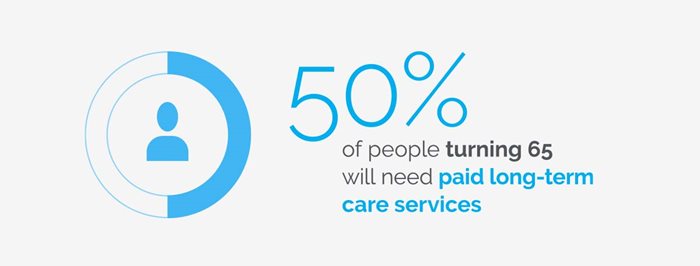

Regardless of whether children have flown the nest or returned temporarily, with the right financial planning and an eye towards the future, this time in the life of a family with adult children can be rewarding and beneficial for all. With mutual respect, everyone in the family can feel that their value is recognized and appreciated as the allocation of the family’s resources continue to evolve.
To learn more about how Cambridge Trust can help you and your family, please contact your Relationship Manager.